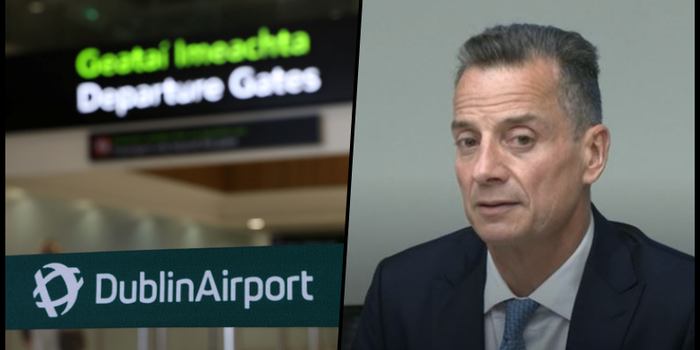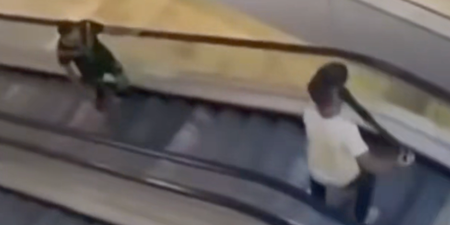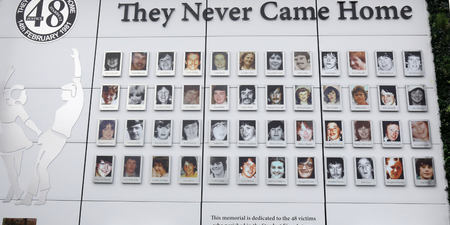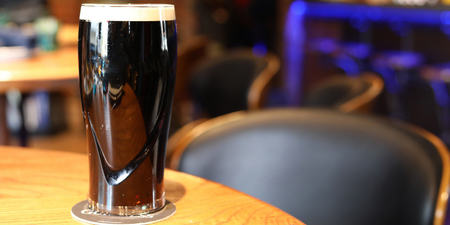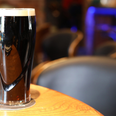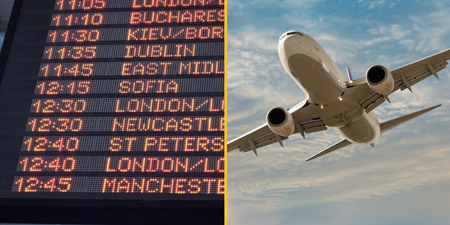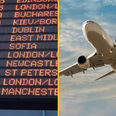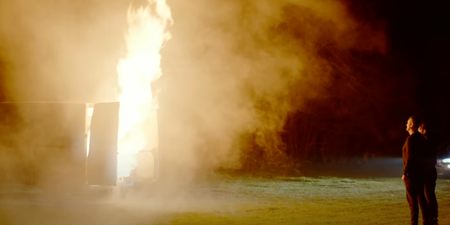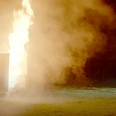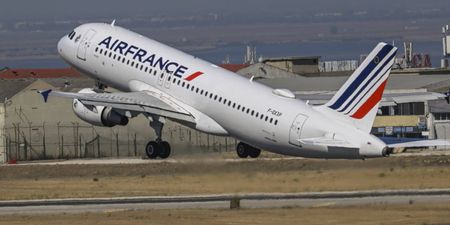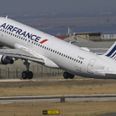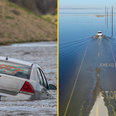“We failed in our duty to our passengers.”
The CEO of the Dublin Airport Authority (daa) has explained the reasons behind the travel fiasco at the airport last weekend.
Dalton Philips appeared before the Oireachtas Travel Committee on Wednesday (1 June) where he laid out a number of behind-the-scenes issues at the airport that led to over 1,000 people missing flights on Sunday due to large queues and organisational chaos.
The CEO began the meeting by apologising “unreservedly” to anyone impacted by the challenges at Dublin Airport last weekend.
“Put simply, we failed in our duty to our passengers and I want to offer my deep apologies to everyone impacted and indeed to the members of the Oireachtas here, as I also recognise the reputational damage to our country for which connectivity and ease of access is our lifeblood,” Philips said.
The airport chief explained that, last Sunday, the airport rostered in 200 security officers and 24 team supervisors and co-ordinators to meet the demands of serving 50,000 departing passengers.
“This would have allowed us to open sufficient security lanes and X-ray machines to cater for the first-wave of departing passengers,” he said.
“However, on that day, we were 37 officers down.”
Philips stated that 17 of these officers were new recruits who, due to an anomaly that has since been resolved, were on the airport’s rostering system despite not completing the necessary training.
On top of this, 20 officers were absent from work on the day.
“Many of the 37 staff have particular clearances and certifications required to open and operate a lane and so they can’t be really substituted by other daa staff,” the chief added.
“We were unable to bring in substitute staff at short notice in the early hours of Sunday morning.
“This compounded the queueing problem throughout much of Sunday and the impact of this reduction in our anticipated team… meant that we were unable to open six security lanes, three in each terminal, which was a loss of 30% capacity in the first wave.”
Philips said each lane ordinarily screens about 200 passengers per hour.
“Being down six lanes, we had a processing deficit of 1,200 passengers per hour,” he told the committee.
“And this quickly led to queues forming in security.
“As more and more passengers joined the growing queues for the available security lanes, the situation became compounded, leading to a decision at 10.30am to advise those passengers queueing outside the terminal with flights departing before noon that they would not make their flights.”
Philips then outlined the airport’s plans to the committee to deliver an improved passenger experience to its customers this June Bank Holiday weekend and into the busy summer period.
He said the daa’s focus will be on maximising the availability of its staff resources, increasing the amount of security lanes open during peak times and improving its queue management systems.
As it stands, passengers at Dublin Airport are being advised to arrive up to 2.5 hours before short-haul flights to Europe and the UK and up to 3.5 hours before long-haul flights.
In line with this, the daa says that, during times when terminals become particularly busy, it will be triaging access to them.
This means the airport will only be allowing passengers that have flights leaving within 2.5 hours to short-haul destinations and 3.5 hours for long-haul destinations into the departures level.
Meanwhile, passengers that arrive too early for their flights during busy times will be asked to wait in a dedicated passenger holding area outside the terminal.
“We don’t anticipate we’ll need it this weekend but this is what we will be building for the summer,” Philips added.
“Following these incremental measures, we’re confident we have a robust plan and we do not envisage a repeat of what happened last Sunday.”
LISTEN: You Must Be Jokin’ with Aideen McQueen – Faith healers, Coolock craic and Gigging as Gaeilge
